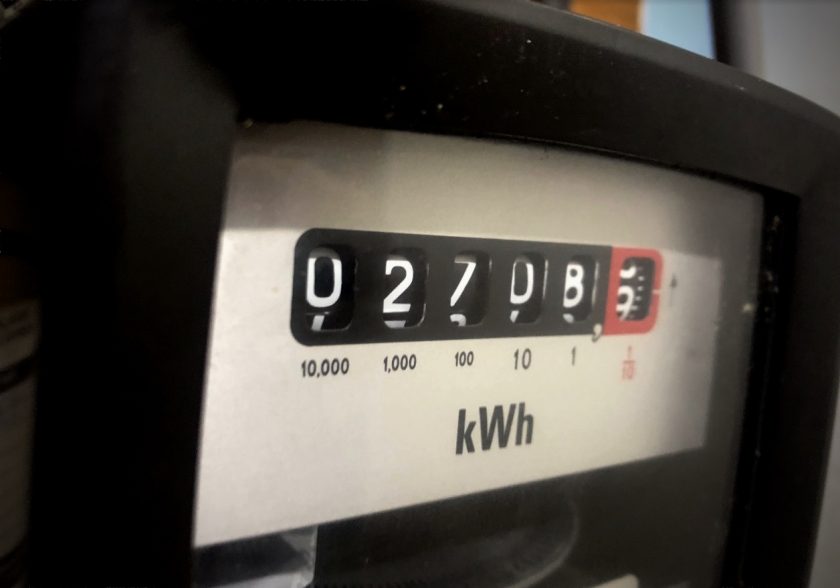Low-income households could be left over £200 out of pocket on energy bills this financial year as support falls away

Low-income households will be left an average of £209 short on their energy bills this financial year, new Which? research has found, as the consumer champion calls for an energy social tariff to protect the most financially vulnerable.
Even with the government’s decision to keep the Energy Price Guarantee at £2,500 for an average household until July, Which? research has found that millions of low-income consumers will still face higher energy bills this financial year.
Although energy prices are predicted to drop to around £2,000 for the average household from July, consumers will still be paying almost double the amount they paid before the energy crisis began.
The Energy Bill Support Scheme – which provided an additional £400 to all households in the UK from October 2022 – March 2023 – has also ended.
Which? predicts that this will mean that the poorest 10 per cent of households will have to spend an average of £209 more on energy this financial year than last.
Whether a household falls into the poorest 10 per cent of households depends on both income and family size.
For example, a single person household in this group would earn less than £9,800 per year, while a couple with two children would earn less than £20,500 after taxes and benefits are taken into account.
The consumer champion estimates that despite the lowest income households typically using less energy, they will be £75 worse off a year than a household with average energy consumption – who will spend £135 more on energy bills next financial year.
This is because the average low-income consumer uses less energy than those on higher incomes so they will not benefit as much from lower energy prices but will still feel the loss of £400 of additional support from the Energy Bill Support Scheme.
Higher costs could be especially difficult to manage for prepayment meter users – who are typically on lower incomes – as they cannot spread costs across the year and would see a spike in costs during the cold winter months.
Which? used unit rates and standing charges from previous Ofgem energy price caps and the Energy Price Guarantee and it is households in North Wales who are hit the hardest.
As reported by Deeside.com last week, households in North Wales on prepayment meters (PPM) will pay, from April 1, a standing charge of 66.9p per day compared to those in London who will pay 43.4p per day.
Between April and June, a household in North Wales on a PPM will pay around 54 percent more in standing charges than one on a PPM in London.
The government does not currently have an effective means of targeting financial support towards those on the lowest incomes in time for this coming winter.
Ministers have announced that cost of living payments to those on qualifying benefits will continue.
However, this will leave low-income households who are struggling to make ends meet but do not qualify for benefits out in the cold.
A properly targeted social tariff – which is a discounted energy rate for those most in need – is desperately needed to ensure energy affordability for those who need it most.
Recent Citizens Advice proposals have shown how a social tariff could be designed to effectively target support where it is most needed.
This would be based on both household income and energy usage, without creating a cliff-edge based on benefits eligibility.
Which? recommends that the government should introduce a social tariff along these lines as soon as possible.
The 2022 Autumn Statement committed to having a new approach to consumer protection – such as a social tariff – in place by April 2024 and the government needs to take action on this as a matter of urgency.
Rocio Concha, Which? Director of Policy and Advocacy, said:
“It’s hugely worrying that consumers on the lowest incomes could be left over £200 worse off on their energy bills this financial year due to reduced government support.
“With millions of low-income households across the country already struggling to make ends meet, the government urgently needs to introduce a properly targeted energy social tariff to ensure the most financially vulnerable are able to heat their homes.”
Spotted something? Got a story? Email: [email protected]
Latest News
